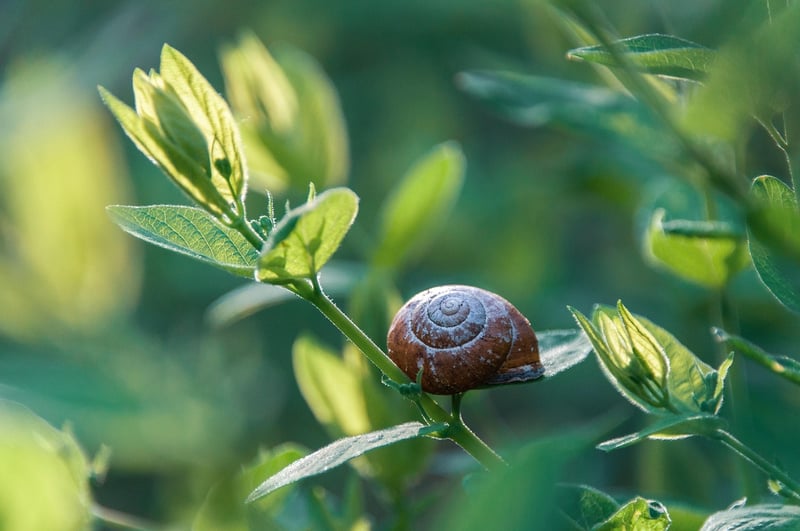Organic Pest Control

Environmentally Friendly Gardening Practices and Organic Pest Control
The Importance of Environmentally Friendly Gardening
Gardening is a rewarding hobby that not only enhances the beauty of our surroundings but also provides numerous health benefits. However, to ensure a sustainable future for our planet, it's essential to adopt environmentally friendly gardening practices. By doing so, we can reduce our carbon footprint, protect biodiversity, and create a healthier ecosystem.
Benefits of Organic Pest Control
Organic pest control involves using natural methods to manage pests in your garden without relying on harmful chemicals. This approach not only protects beneficial insects and wildlife but also ensures that your fruits and vegetables are safe for consumption. Additionally, organic pest control methods are cost-effective and promote a balanced ecosystem in your garden.
Environmentally Friendly Gardening Tips
- Use organic fertilizers such as compost and manure to enrich the soil.
- Plant native species that are adapted to your region's climate and require less water.
- Practice water conservation by mulching and using drip irrigation systems.
- Encourage beneficial insects like ladybugs and lacewings to control pest populations naturally.
- Rotate crops regularly to prevent the buildup of pests and diseases in the soil.
Organic Pest Control Methods
Here are some effective organic pest control methods you can implement in your garden:
- Companion Planting: Planting certain crops together can repel pests and attract beneficial insects.
- Neem Oil: A natural insecticide that disrupts the growth and reproduction of many pests.
- Diatomaceous Earth: A powdery substance that dehydrates and kills insects.
- Handpicking: Remove pests manually from plants to control infestations.
- Biological Controls: Introduce predators like ladybugs or nematodes to prey on garden pests.
Conclusion
By adopting environmentally friendly gardening practices and organic pest control methods, you can create a sustainable and thriving garden that benefits both the environment and your well-being. Start implementing these techniques today and enjoy a beautiful garden that is in harmony with nature.
Images Source: Pixabay